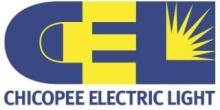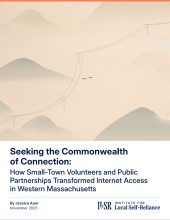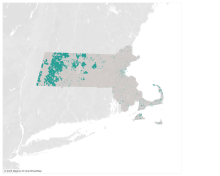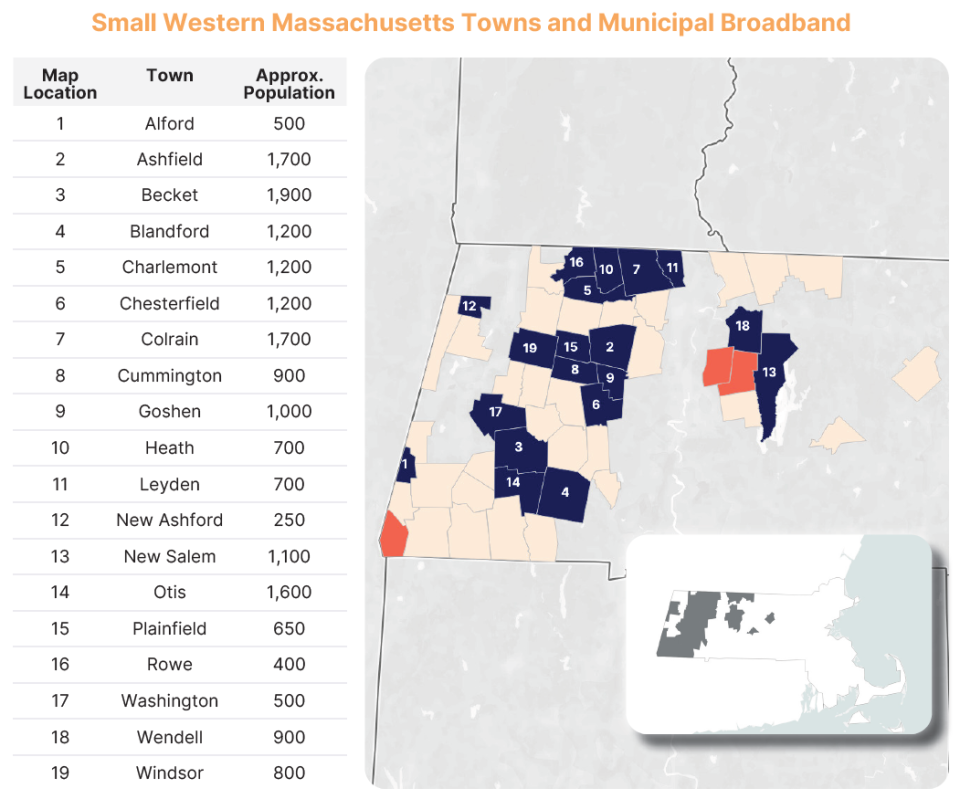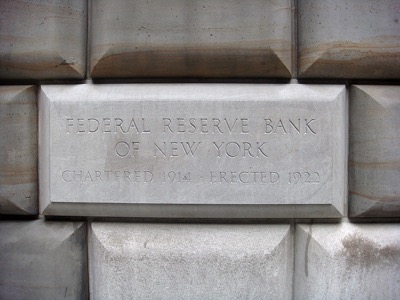Chicopee Electric Light, Sertex Renew Partnership To Expand Affordable Fiber Access
Chicopee Electric Light (CEL) has chosen Sertex Broadband Solutions to help the Massachusetts-based municipal utility expand access to affordable fiber across the city of 55,000. The agreement is an extension of a 2019 deal with Sertex to help the utility launch residential broadband services under the Crossroads Fiber brand.
Frustrated by a lack of affordable broadband access, the city tabbed Magellan Advisors in 2015 to conduct a feasibility study into city-provided broadband access.
After a survey showed a majority of city residents would support such an initiative, Chicopee Electric Light launched Crossroads Fiber in the summer of 2019 in a small pilot area.
Since then, the utility has been expanding access steadily to the rest of the city – joining a growing roster of city-owned utilities that are responding to broadband market failure by taking matters into their own hands.


